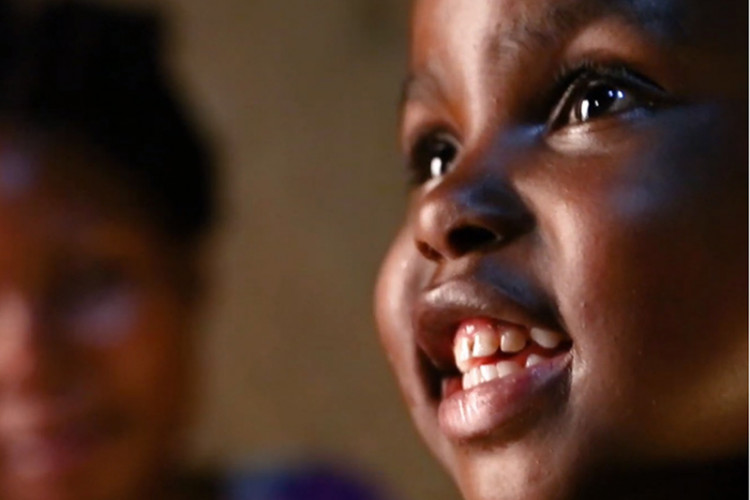In 2022 an estimated 930,000 children (aged 0-14 years) were living with HIV in Eastern and Southern Africa. Nearly one-third of these children were not receiving lifesaving treatment. Children with HIV need both antiretroviral treatment and viral load suppression if they are to lead long and healthy lives.
UNICEF, in collaboration with governments and partners, supported an updated analysis of laboratory information management systems (LIMS) data in Malawi, Uganda and Zimbabwe from 2017-2020 to better understand viral suppression among children, especially in the context of WHO recommendations for newer, more efficacious drug regimens and the COVID-19 pandemic.
A previous analysis of 2016-2018 LIMS data found that one in every three children was not virally suppressed. The updated study found a steady increase since then in viral load testing, the use of more efficacious and palatable antiretroviral regimen options, and improved viral load suppression. However, children are still falling short of global targets to end AIDS by 2030. The full report describes the methodology, key findings, limitations, and proposes further prioritization and accelerated action to improve treatment outcomes for children with HIV.
